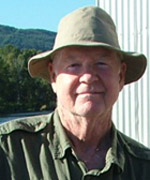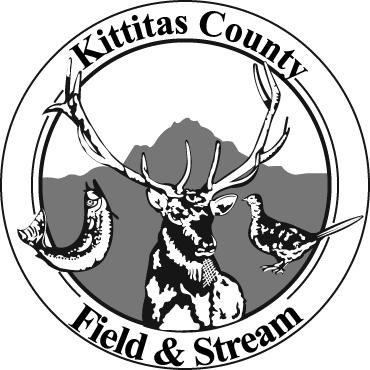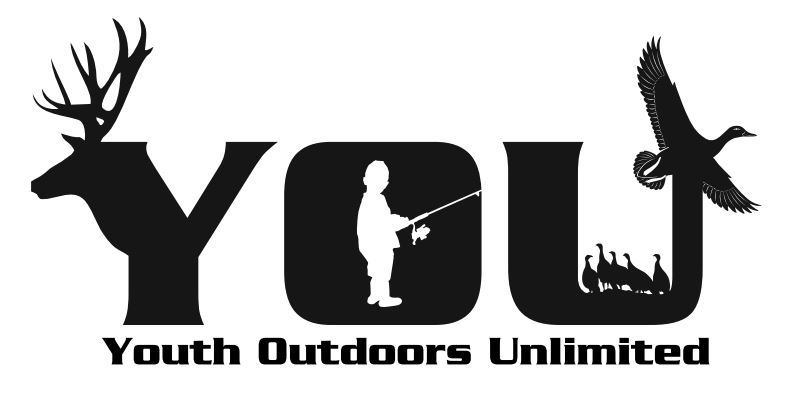Our Ground and Our Responsibilites to Guard It
Some of my fellows think those of us who keep pushing to maintain and protect public access to our public ground are simply wasting our time.
Case in point: the last First Friday Art Walk, and a conversation I had with a couple homeys. Somewhere in there, I no doubt mentioned our current public lands access battles. Given that more than 70 percent of the ground in Kittitas County is publicly owned, and more than half of Fish and Wildlife managed land is in our county—access is critical for us and those who will follow us. I mentioned the Senate Committee work session three of us attended in Mount Vernon, a couple of the recent sudden closings of long-used roads and their equally sudden reopening after questioning, and I started to mention the game of Whack-a-Mole we’ve been playing around the county—with one road reopened and another suddenly set for closure.
At that point, one of them touched my arm and said something like, “Whoa… Relax… Don’t drive your blood pressure up over this silliness. You’re dealing with a bureaucracy here—just like we did at the university—you can’t win this. .. Give it up.”
Another outdoor nut, who’d overheard part of our conversation, confessed that he didn’t really care much about access issues over on the Quilomene end of the county, since his play was mostly around the Manastash ground. While Fish & Wildlife probably had good reasons for closing roads in the Quilomene, he reasoned, he would get very cranky about access changes in his part of the county. “Besides,” he almost whispered as we finished our confab “if you guys keep pushing this road stuff, Fish & Wildlife may just start losing your license applications—those guys could create some problems for you. Who needs that?”
We humans are funny. I walked away thinking about what our Lake Baikal guide and driver, Ivan, had to say about Russians pulled out of their homes and villages a couple generations ago and sent off to work camps. Ivan had close family stories of a well-respected man who disappeared. When I asked him about the responses of other villagers and friends, he explained that no one would speak up. His grandmother told him that the family became isolated, and even though the man had been a good leader, people whispered that he must have done something bad or the government wouldn’t have taken him. And so it was.
The whole conversation left me thinking about how we get more people to speak up in the face of these aggressive road and access closures. Clearly, we have to work together.
As outdoor citizens of Paradise, our interests run the gamut from fishing, hunting, trapping and shooting to hiking, biking, riding, snowmobiling, wildlife watching and photography. I’m certain that there are at least 10,000 of us in the county who proudly call ourselves “outdoors people.” Yet, relatively few of us are active in local outdoor clubs or organizations. I would, and often do, argue that there has never been a greater need for a common voice.
I always hate to see anyone discounting another who doesn’t “recreate” in the same way, or on the same ground, or one simply holding silence about others’ rights and needs. I often think about something Shari Fraker used to say. A few decades back, I was executive director of the United Sportsmen Council of Colorado—some fifty different organizations—and she was representing one of the bow hunting outfits. Over and over, as trappers and target shooters and trout fishermen and duck hunters and big game hunters haggled over an appropriate position to take on some proposed rule or regulation, she would remind us that we got together to support each other. “Together,” she would say, “we can ensure the future of our various outdoor enterprises for our descendants. Alone, fighting only for our own specific perspectives, we end up eating our young—and tomorrow won’t matter.”
It will take all of us—no matter our access “interest”—to ensure that we have open and responsible access to our lands for our grandchildren’s grandchildren. The county commissioners are about to take a big step in that direction. On Monday’s commission agenda is a resolution to create the “Kittitas County Public Lands Advisory Committee.” This committee will have broad representation from public land users countywide, and will advise the commission directly about things happening or proposed on our lands. It’s a great start.
I often think about this poem, attributed to Pastor Martin Niemoeller, about the intellectuals’ lack of protest over the rise of Nazi power.
“First they came for the Jews and I did not speak out—because I was not a Jew.
“Then they came for the communists and I did not speak out—because I was not a communist.
“Then they came for the trade unionists and I did not speak out—I was not a trade unionist.
“Then they came for me—and there was no one left to speak out for me.”







